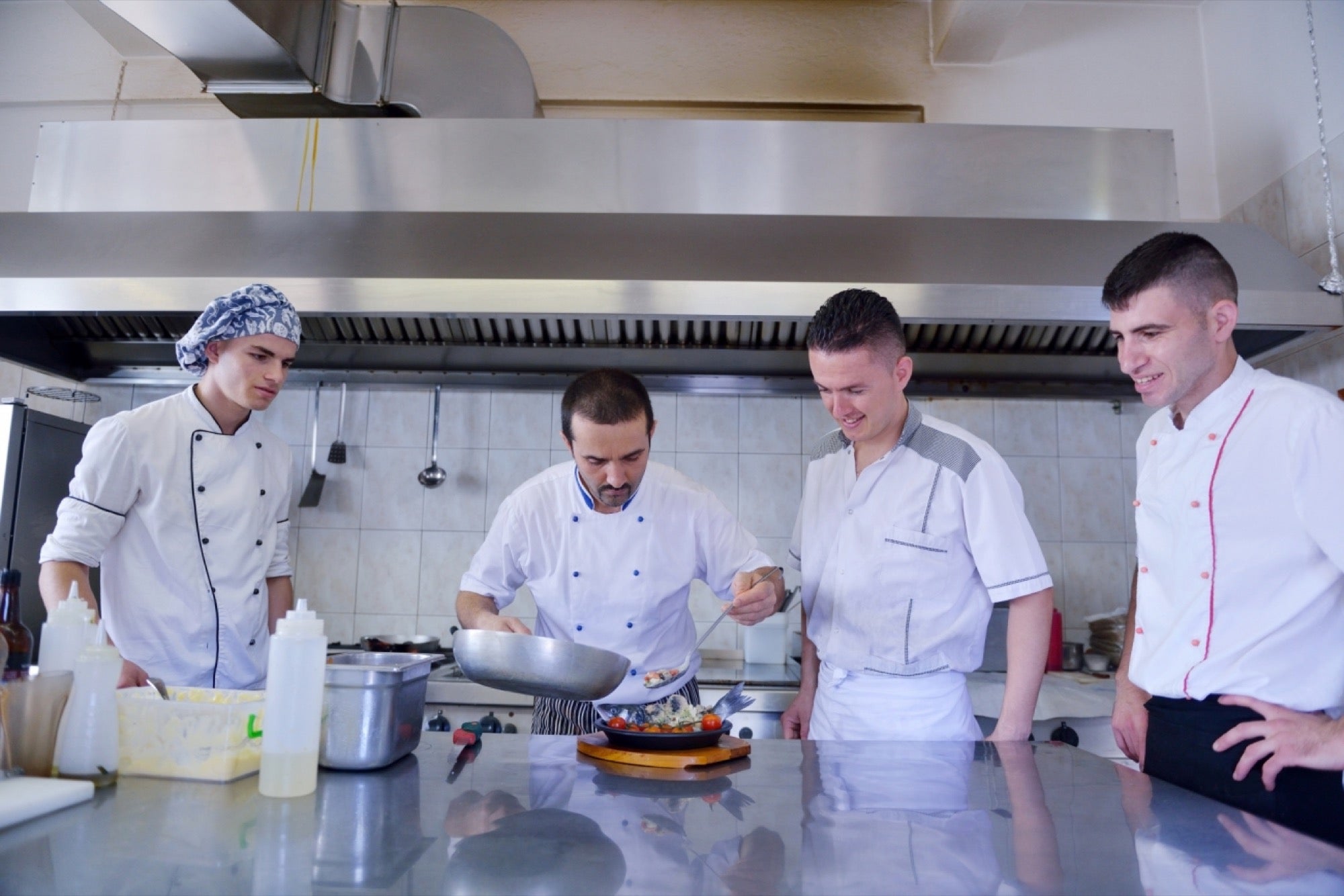Demystifying the Future of Food Tech in India and Why it Will be Digital Food Videos? A new category of food tech start-ups seems to have found the right solution to tackle these challenges while successfully enhancing the experience of diners
Opinions expressed by Entrepreneur contributors are their own.
You're reading Entrepreneur India, an international franchise of Entrepreneur Media.

The Indian food tech domain continues to grow in leaps and bounds, with several start-ups in the domain inching closer to the mystical Unicorn club, if not already a part of it. However, largely the conversations around the food tech landscape in India have been limited to restaurant discovery, hassle-free deliveries, and the advent of cloud kitchens. However, the collective rise of these service providers while solved critical problems faced by the masses, it could still not answer the question haunting the consumers – what to order and how to safely experiment with it?
We hardly ever get to see the food that we order, especially when dining out. Pictures offer only so much of a respite and even though restaurants continue to best articulate their handpicked offerings, it is difficult to make sense of what a Creamy Burrata, smoked Eggplant cream, Cherry Tomato Confit or Miso Marinated Botan Ebi would taste like. Guests either limit their choices to comfort food as more often than not, the orders seem to boomerang and not in a fun way. Guests may order a delicacy thinking it would be good, often influenced by the fancy descriptions, however, if the food ends up being totally bland or not what they had imagined initially, extreme reactions ranging from social media rants to completely abandoning the restaurant in future may follow. However, a new category of food tech start-ups seems to have found the right solution to tackle these challenges while successfully enhancing the experience of diners.
We Eat First With Our Eyes
Some of the latest entrants in the food tech space are leveraging the power of visual triggers to entice the consumers. The ideology is simple: people love videos and food videos have a characteristic sense and aesthetics of ushering the consumers into feeling comfortable and euphoric. Most importantly, users would love to see what they are going to eat. However, restaurant hoppers and foodies, in general, have been denied the option. One can watch a trailer before buying movie tickets but the same option is missing for the food consumers.
Thus, start-ups in the food tech domain are utilising foraging, which is one of the most important functions of a brain and fundamentally relies on vision. The overall pleasure of consuming food is influenced by the visual appeal of the same. With the growing popularity of videos serving as the bedrock of the solutions offered, start-ups are creating previews of the food that people would order at a restaurant or online. Often called "FIDEOS," short for food videos, these solutions serve to replace the paper or digital menus, helping diners make informed choices while also collecting important insights into user behaviour and preferences.
In the words of Charles Spence, a Noble Prize winner experimental psychologist at the University of Oxford, "If we can order our shopping online, why not the food we are going to eat at dinner at a restaurant?" The resulting solutions thus hold the potential to enhance anticipation and make room for personalised menus. In addition, it is much easier to simply look at digital food videos than trying to make sense of what's written, having to look up strange words. More importantly, the trend resonates with the rising globalisation and tourism, serving an easily consumable communication channel that is not restricted by language and other barriers.
The Rise of Globetrotters and Frequent Travellers
Another significant development contributing to the future of digital food videos in the food tech domain is the growing number of globetrotters and domestic travellers. As per industry reports, more than 10 million foreign tourists arrived in India in 2017 and more than 1,432 million domestic tourists visited different states in India. The trend has also resulted in a hike to explore food and have a wider palate of regional cuisine, also serving to global tastes, preferences and aesthetics.
Since eating out happens to be one of the most common social activities around the globe, Indian restaurants need to cater to a global audience. However, in their endeavour, Indian restaurants face several challenges, such as a lack of skill-based personnel on the job. Additionally, ineffective communication skills of the staff and a lack of in-depth knowledge of the food offered serve as other constraints in the overall pleasant dining out experience.
However, by creating digital food videos of the restaurants and online aggregator, start-ups in the food tech domain are solving these challenges. The solution work as a guide for the diners to explore options and personalise the menu. Easier to update than paper menus, these videos also help restaurants up-sell food, enhance the dining experience, and present the food like a master craft.
In a nutshell, the future of food tech start-up certainly looks poised towards digital food videos, especially to get hold of the shrinking 8-secs attention span of users. In the next 5 years, the world's popular social networking site, Facebook, is expected to be no text and all videos, and perhaps the same trend will also immerse the food tech landscape. It only works in everyone's favour, as the restaurants will be able to enhance the dining experience through tantalizing food videos and the diners will get to make an informed choice, thus leaving no room for the buyer's remorse.









